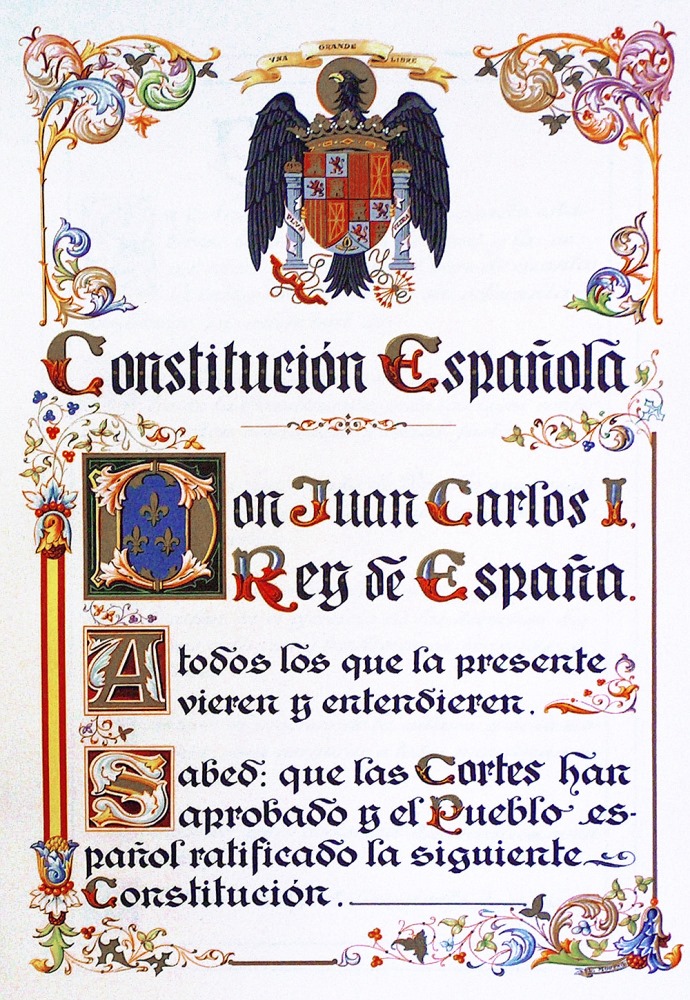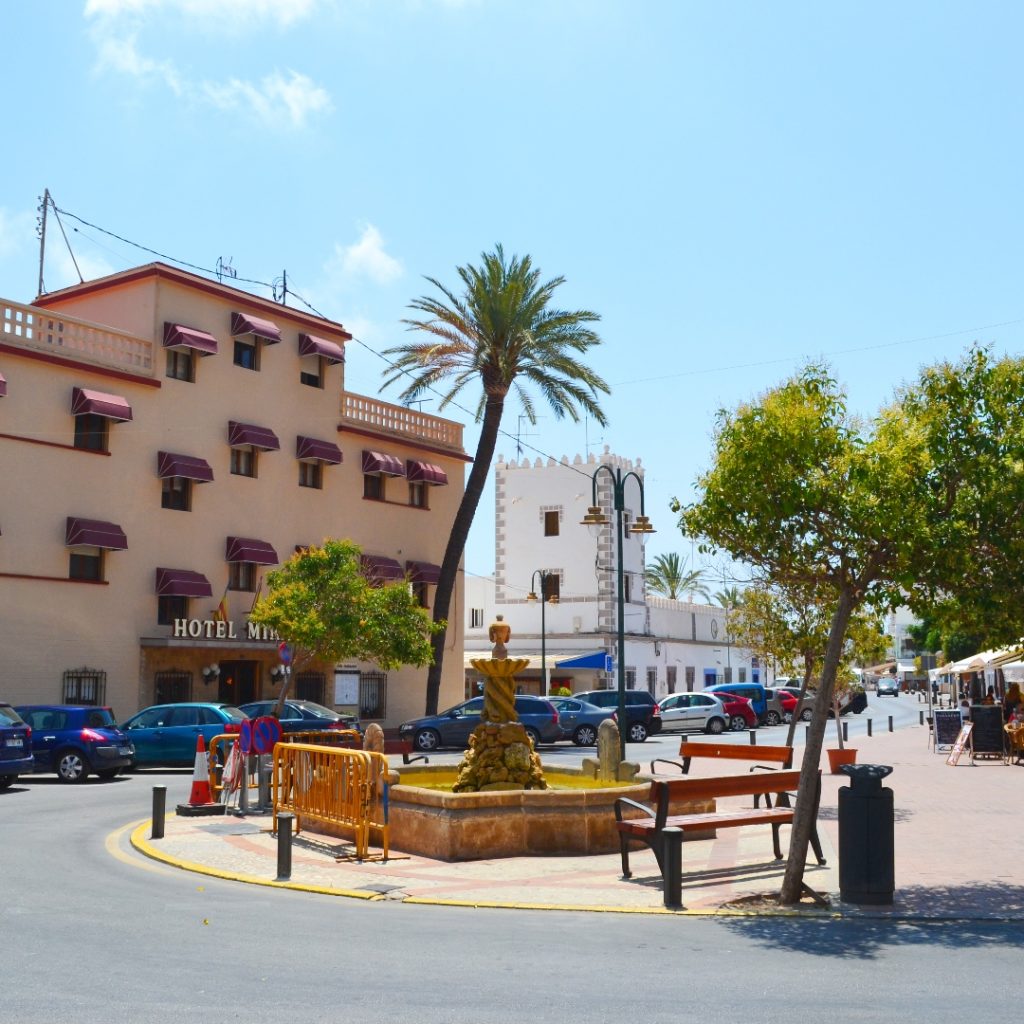
December 6 is a national public holiday in Spain which commemorates the anniversary of a referendum held across the country on December 6th 1978 in which 91.8% of voting Spaniards ratified a new Spanish constitution drawn up after the death of the dictator Franco three years earlier as the country made its transition to democracy. It was signed by King Juan Carlos I, the country’s head of state, on December 27th 1978, leading to a series of political and historical changes across Spain.
After the death of Francisco Franco on November 20th 1975, a period known as ‘La Transición’ began, the shift from military dictatorship to constitutional monarchy. Juan Carlos de Borbón had been named by Franco as his official successor in 1969, the dictator hoping he would be able to groom the 31 year old to assume control over Spain and the newly titled Prince of Spain initially supported the Franco regime. However, during Franco’s final years, the prince had met secretly with opposition leaders and exiles who wanted to bring liberal reform to the country. On October 30th 1975, the dictator formally handed control to the prince, three weeks before he died.
On November 22nd 1978 Juan Carlos was proclaimed King of Spain by the Cortes Generales and in his speech to the government he spoke of three factors – historical tradition, national laws and the will of the people. Over the next two years the king instituted reforms and dismissed Prime Minister Carlos Arias Navarro who had been attempting to force a continuation of the authoritarian regime, replacing him with Adolfo Suárez who would go on to win the 1977 general election to become the first democratically-elected leader of the new regime. (The main square in the port zone of Xàbia was recently renamed in his honour – Plaza del Presidente Adolfo Suárez.)

On December 15th 1976, 94% of voters approved a proposed move to parliamentary democracy, beginning the electoral process to elect the members of the Constituent Cortes which would be responsible for drafting a new democratic constitution. The general election followed on June 15th 1977, the first free election held in Spain since 1936, and was won by Suárez’s centre-right UCD party with 34.4% of the vote, five points ahead of the PSOE led by Felipe González. Five months later, on October 25th 1977, the Moncloa Pacts were signed, an agreement between politicians, political parties and trade unions on how to operate the economy during the transition.
A seven-member panel was selected from the Constituent Cortes to work on a draft constitution, seven men who became known as “los Padres de la Constitución” (“The Fathers of the Constitution”) who represented the wide political spectrum of the Spanish Parliament. The new constitution was approved by the Spanish Government on October 31st 1978 and confirmed Castilian as the official language of Spain and recognised other languages as being official in Autonomous Communities across the country such as Catalonia and the Comunidad Valenciana. It also confirmed the design of the national flag as well as those of the autonomous regions and that the capital would remain Madrid. Ideological and religious freedoms were guaranteed as well as the right to personal freedoms and freedom of expression.
On December 6th 1978, voters went to the polls to answer one simple question: “Do you approve of the Constitution Bill?”. Almost 17.9 million Spaniards cast their vote, just over 67% of total registered voters, with 15.7 million – 91.8% – voting to support the new democratic law which would be supreme in the Kingdom of Spain. After being sanctioned by the king, the new Spanish Constitution came into force on December 29th 1978, bringing an effective end to the transition to democracy which began just over three years earlier with the death of Franco.
Click here to download a PDF file of the full Spanish Constitution in Spanish >>
Click here to download a PDF file of the full Spanish Constitution in English >>
